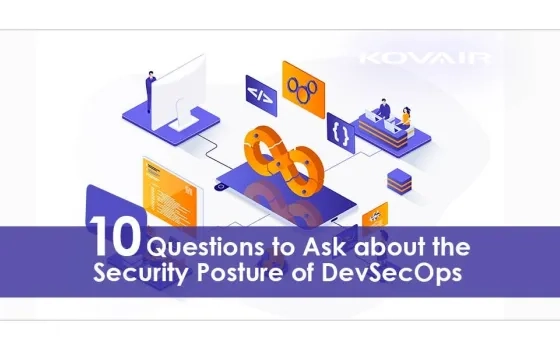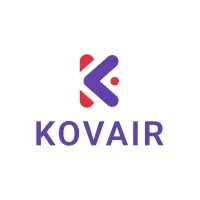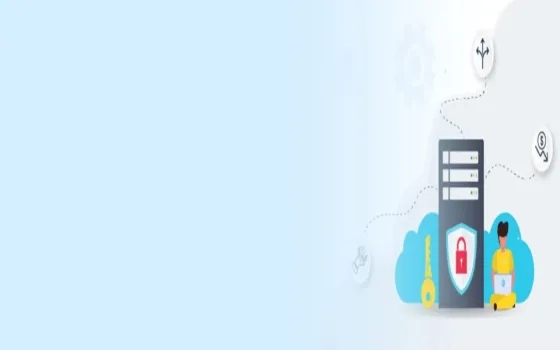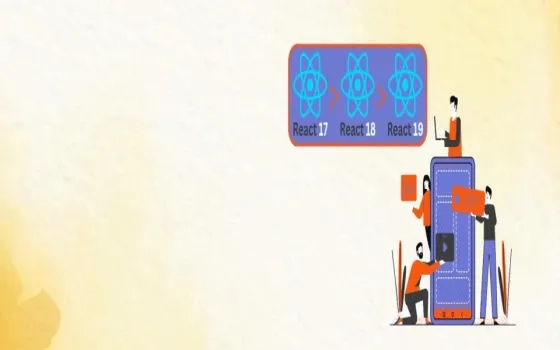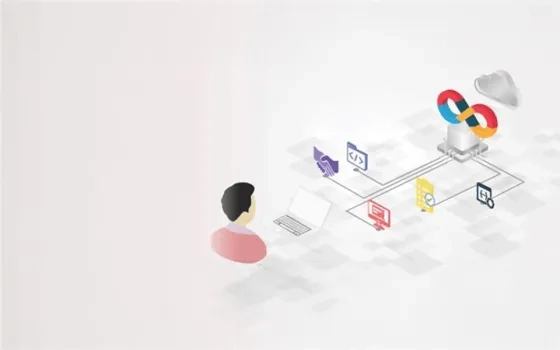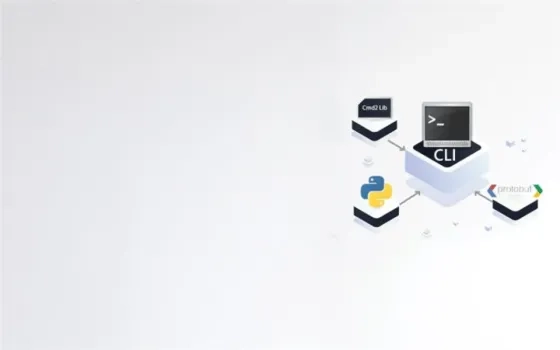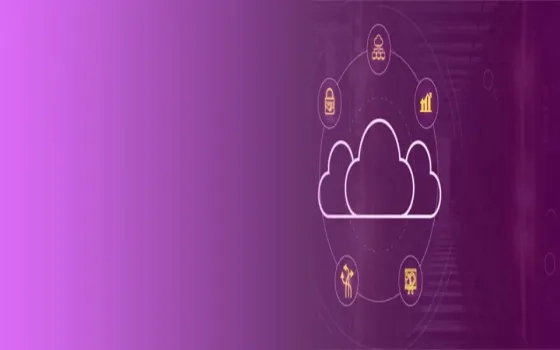Security is one of the major concerns for any enterprise. As technology advances and businesses incorporate them for scalability, they must also spend time to strengthen their security posture.
DevSecOps is a security practice that is used in DevOps software delivery models. In this article, we will focus on ways to improve security posture using DevSecOps.
What is DevSecOps?
DevSecOps is a high-functionality level model for integrating security objectives during the software development lifecycle. The DevSecOps automates the security integration from initial design to development to testing to deployment and delivery of the software.
DevSecOps is an evolution of the existing approach to security. Earlier, the security was incorporated after the completion of the development cycle by the security team, which was tested by the quality assurance team.
The management of security posture was easier as the updates were released once or twice a year. Now that companies have adopted Agile and DevOps practices for modern product engineering. These practices aim at reducing enterprise software development cycles to weeks or even days; that conventional approach takes months.
DevSecOps gets easily integrated into the Agile and DevOps processes and tools to intensify application and infrastructure security. DevSecOps also makes the application and infrastructure security a shared responsibility for the entire IT professional services team. DevSecOps aims to automate the delivery of secured software without delaying the SDLC.
People usually get confused with DevSecOps and DevOps. To put it simply, DevOps is an organizational paradigm that aligns with development and operations practices, while DevSecOps is a culture that defines sharing equal responsibility.
Understanding the importance of DevSecOps

Companies are seeking digital transformation, which is purely the result of advanced software development, cloud technologies and DevOps methodologies.
Integration of expensive and advanced technologies is also open to risk, raising the level of technical debt, therefore requiring a robust security posture to eliminate the challenges to secure digital assets.
Accepting change and aligning with the changing developmental needs are accelerating the cycle of writing code and delivering value to the customers. With teams getting more and more self-sufficient, security teams are piled with demands which becomes a real challenge. Additionally, the understaffed or talent shortage is unable to manage and testify to all applications resulting in shipping insecure apps.
DevSecOps introduces the security in the DevOps loop, which secures the product, which is being developed, to ensure a greater level of collaboration among the team members. In this model, the security team in the supporting team offers expertise and tools to provide the level of oversight. Hence, by integrating the DevSecOps model, companies can –
- Offer faster delivery service
- Reduce costs
- Enhance their security posture
- Improve the security integration and pace
- Accentuate DevOps value
- Enable greater business success
Organizations that use DevSecOps tools and practices encourage digital transformation and modernize their apps. However, to maximize the advantage of automation, businesses would require the help of a product engineering services provider.
Before making your move to collaborate with a service provider, you must ensure that the partner follows the best practices and is well-versed with the DevSecOps model.
Below are a series of fundamental questions that are worth asking to modernize the security posture appropriately.
Fundamental questions to ask about DevSecOps
Which areas will strengthen from a healthy security culture?
Ongoing commitment for strong security culture to grow throughout an organization must be reflected. Ask the security teams –
- What efforts do they take or make significant changes?
- Are they able to identify risks and threats immediately?
- Are they focusing on frequent deployments? Or are they also focusing on giving a security treatment to the system?
The DevSecOps team must support the mission to modernize the app hence must know how to work closely with the team and dictate a shared responsibility while
What differences occur between business goals and security?
DevSecOps exists within the product engineering process to eradicate the friction and risks that occurred with the conventional methods of development.
The team should be vigilant and constantly identify key areas of friction to deter them and refocus the team’s goal on one single direction.
Companies must ask the team the reason for slowing down and expect them to identify and start manually and then integrate security automation to avoid redundancies.
They must have a full-proof policy and procedures to deter inefficiencies, which provide scope for automation, both in security and other processes.
Are security metrics able to portray performance accurately?
Performance analysis has become the key principle in any data-driven organization. Hence, the team must be accountable to interpret your quantitative metrics of organizational context. They must be able to reflect the current risk of organizational faces, reevaluate metrics, track the number of vulnerabilities and others. So, ask –
- How much time does it take to resolve vulnerabilities?
- How many of them are fixed?
- How frequently do developers log into tooling and review the results?
- What is the comparison result of pen-testing from last year?
- Are their new vulnerabilities introduced by DevOps teams or development teams?
Are the security policies aligning with the company culture?
Every industry has its own set of requirements and company culture hence, the DevSecOps model must be designed that aligns with needs. For instance, a healthcare industry may require significant in-person operations, managing fully remote work.
DevSecOps model works parallel with the remote work reviewing the security stack and policies accordingly.
The dedicated team also examines the security and IT stakeholders in order to anticipate how cloud infrastructure and on-premise amalgamation look like.
Additionally, bringing in new systems and services online to support the hybrid or remote model may require close monitoring to understand the method to access new systems while tightening the security of the same to avoid any harmful breaches.
Are Microservices leaking the data?

Many companies implement microservices to enhance the velocity and efficiency of development while addressing the data flows and complex applications. The DevSecOps team must address the developer’s knowledge on leveling with microservices as well as handling every type of data. Additionally, integrating the DevSecOps security policy ensures that critical data is encrypted to prevent leaking.
Are security policies compliant with GDRS or other Regulations?
Maintaining the right security posture ensures that your critical data is secure and well-protected. Very few organizations know and deploy WAFs to block attacks. Ensure that the policies and security model are genuine and follow important regulations, standards and acts to add a layer of firewall on the web/cloud software. Depending on the niche of your business, check for the PCI DSS, GDPR, or HIPAA compliances regulations.
How well and quickly does the team fix vulnerabilities?
Identifying vulnerabilities is one part of the DevSecOps team while fixing them is separate. Not every tool can understand the code and vulnerabilities, irrelevant issues that can dramatically slow down the response time. The team must be vigilant to manually analyze lines of code to trace vulnerabilities, upgrade to patch versions of 3rd party libraries and even the simplest scans to map versions of CVEs and much more.
6 extra security questions to Focus
Thinking about the security of the organization, the questions that plunge focus on the security teams (whether DevSecOps or DevOps). A few common questions that can be asked from the security teams to avoid inadequate workforce vigilance, insufficient monitoring and shortcuts security methods contributing to increased security risk.
- How much does a security compromise costs, inclusive of individual causes? Have we experienced any serious compromise this year?
- Are our security posture, business processes and SDLC bolted?
- Are we using shortcuts to get quick features? Is the risk management team aware of these shortcuts?
- Are we regularly monitoring and testing the vulnerabilities?
- Is security the topmost priority list?
To conclude
In order to gain a competitive edge and scalability, companies must first learn to identify the friction and eradicate them from the business. The second is incorporating security objectives with the help of a reliable security team following DevSecOps models. Mixing security and DevOps ensure that the security objective is tightly woven, ensuring features and apps are effectively deployed.
Security is different from developing a product requiring a stringent and new approach to strengthen it. If your organization is looking to modernize applications delighting customers with new features and improved functionality, ensure you have the level of security a customer expects for continuous scalability.
Source: 10 Questions to Ask about the Security Posture of DevSecOps



